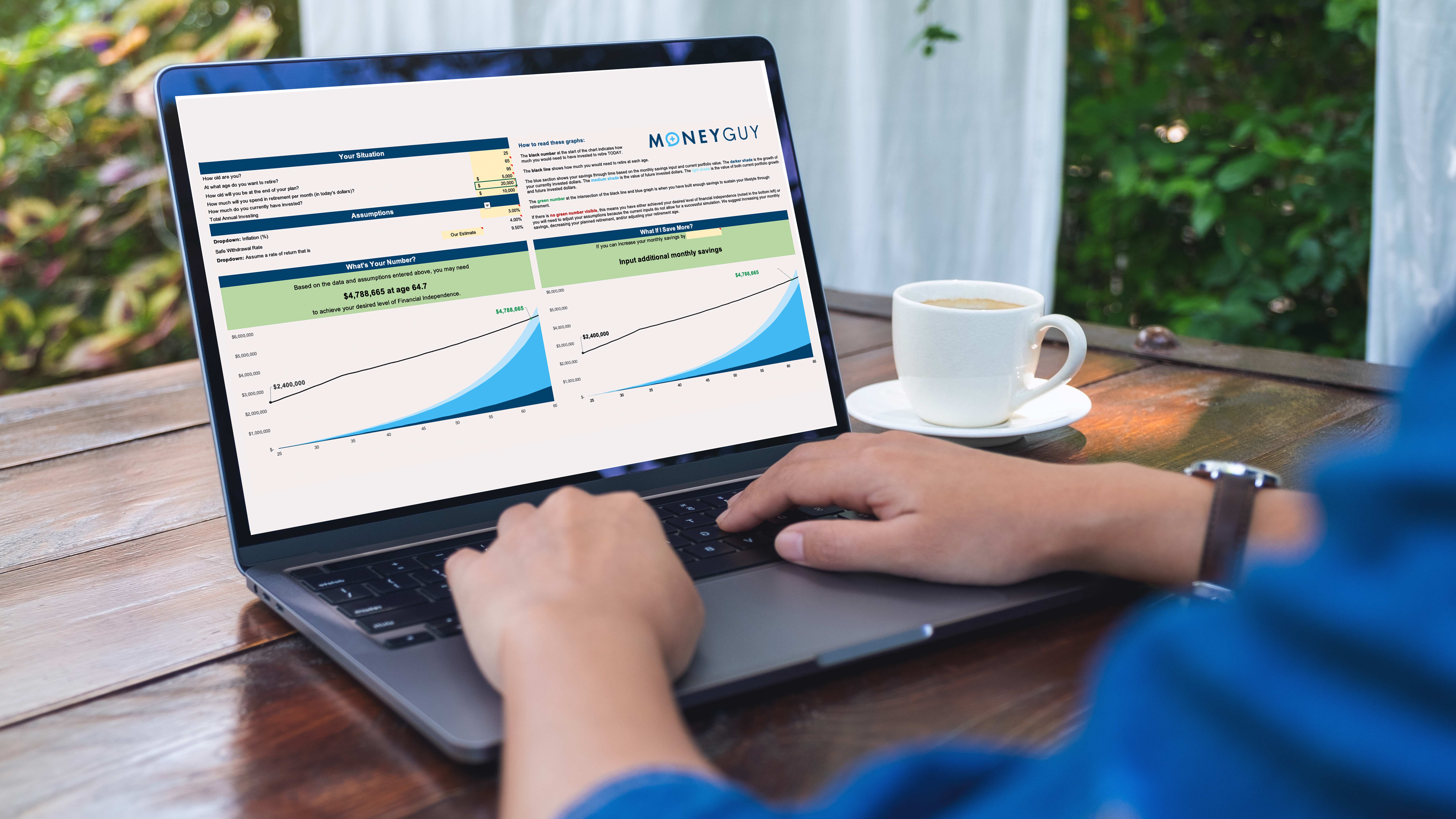
Change your life by
managing your money better.
Subscribe to our free weekly newsletter by entering your email address below.

Subscribe to our free weekly newsletter by entering your email address below.
That’s right. We’re bringin’ simple back. 2008 provided us with a wonderful opportunity to step back and ask, ‘what in the world are we doing?’ If you were an adult and had a pulse over the last decade, it would have been impossible to not notice all the complexity in the financial markets. I’m not just talking about the stock market. I am alluding to every aspect of your financial life. So often individuals feel like to make money or be successful, it has to be a very intricate and complicated process and only the super intelligent can achieve it. We were all tempted to invest in things we didn’t understand, buy products we couldn’t comprehend, and implement strategies that made our heads spin. In today’s show I walk through a few areas where simple is not a bad thing.
Investing is simple. For the last decade, and maybe even the last two decades, individuals felt that it was neccessary to participate in complicated investment strategies. If you really wanted to build up that retirement nest egg, you needed to be in super risky hedge funds. You needed to seek out an advisor who could get you access to the best ‘private placement deals’. Hey, maybe even somebody as successful as Bernard Madoff could have managed your portfolio? If you had any equity in your home, you should liquidate it and invest. Only the most complicated trading strategies (often offered during a 2 AM infomercial) could possibly provide you with financial security.
2008 taught us that maybe all that isn’t necessary. Maybe now we can realize that things ‘too good to be true’ maybe are not true. So when it comes to investing, what is important?
Estate Planning is simple. Make sure you have an estate plan that matches 1) your financial life and 2) your wishes. If you have a very complicated situation, maybe complex strategies are necessary (i.e. previous marriages, business interests, special bequests, etc.). If your financial life is fairly uncomplicated and your net worth is below $2 million, you do not need a super complicated estate plan. So what is important?
Debt is simple. It’s time to own our lives again. For ten years the mortgage market has looked like a used car lot. ARMs, Libor-linked, balloon, interest only, 15 year, 30 year, and the list goes on and on. Mortgages were created to help individuals pay for a home. Right now, there is almost no reason to do anything other than a 30 year fixed rate mortgage. Check out the Year of the ‘Re’ podcast for more information. In the past 7 or 8 years, 72 month auto loans have hit the market. It doesn’t make sense to finance a depriciable asset that you will almost always be upside-down in ( owe more than it’s worth). We’re seeing on a grand scale how harmful bad debt is. It may be time to stop applying for those ‘10% today’ retail credit cards at your favorite furniture, clothing, or electronics store. Not only do all those lines of loose credit hurt your credit score, but they can really weigh on your overall financial well-being. So what is important?
Emergency Funds are Simple. Cash is king again when it comes to emergency savings. We’ve seen now that Home Equity Lines of Credit aren’t always there for us and real estate doesn’t ALWAYS appreciate. So what’s important?
We want to apologize again for our technical blunder last week. If it caused you to miss the show, please go check it out. This is a great time to take advantage of some of the topics we covered last week, and an awesome way to put money in your pocket.


Financial Order of Operations®: Maximize Your Army of Dollar Bills!
Here are the 9 steps you’ve been waiting for Building wealth is simple when you know what to do and…
View Resource
How To Save for Retirement When You Have a Pension
Read MoreHow Will the Next President Affect the Stock Market?
Read MoreIs Paying Off Your Mortgage Early a Good Idea? The Truth Is Complicated
Read More

How about more sense and more money?
Check for blindspots and shift into the financial fast-lane. Join a community of like minded Financial Mutants as we accelerate our wealth building process and have fun while doing it.




It's like finding some change in the couch cushions.
Watch or listen every week to learn and apply financial strategies to grow your wealth and live your best life.
Subscribe to our free weekly newsletter by entering your email address below.